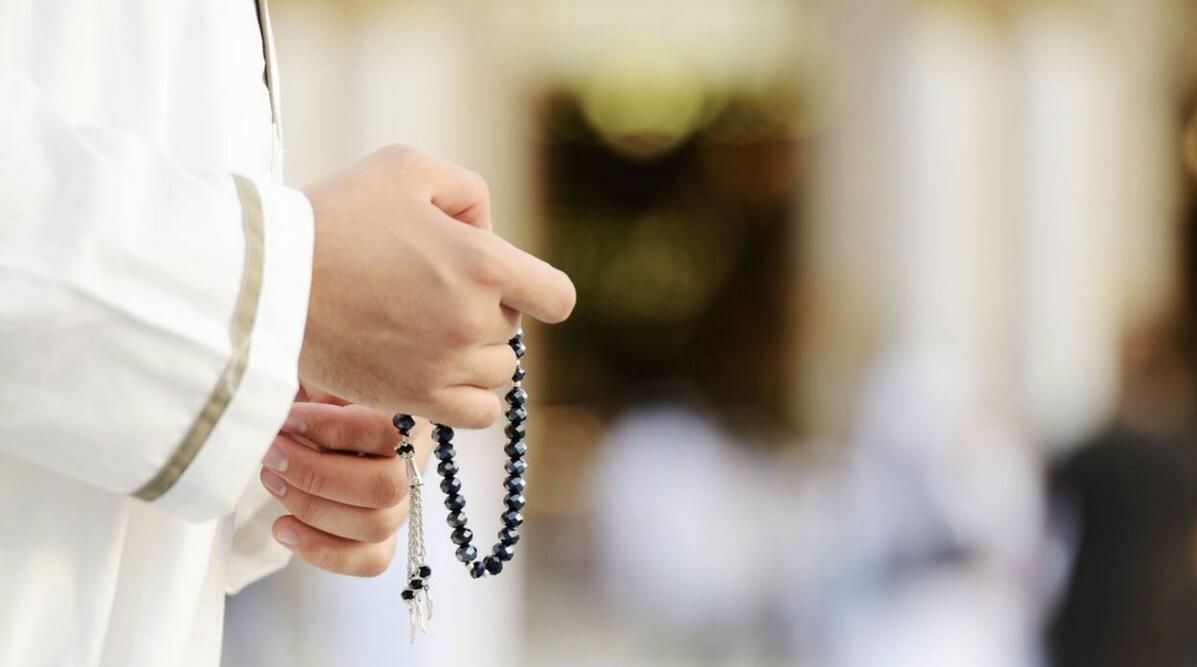Medics have underlined the significant role played by the Muslim way of prayer in maintaining joints and muscles.
Dr Mohammad Selim, consultant orthopedic surgeon at Dubai's NMC Royal DIP, said that Tarawih, Tahajjud, and prayer in general have an important role in maintaining joints and muscles, noting that all joints and muscle groups such as knees, thighs, feet, hands, shoulders, elbows, as well as the joints of the spine are stretched during prayer. Noting that people pray more often during Ramadan, it has been observed that their joint condition potentially improves at the end of the holy month.
However, a number of people also tend to experience temporary joint and back pain after ‘Taraweeh’ prayers due to long durations of reading the Quran and performing rakahs - series of movements performed during salat prayer. Healthcare specialists have also stressed the need for ensuring adequate hydration during the month.
Dr M Arif Khan, physiotherapist (specialist in sports medicine and spinal conditions), Medze Clinic, Deira, advised that such joint pain can be managed by consuming appropriate amounts of fluids, ideally water, before and after fasting.
Dr Mohamed Abdurraouf Elghabrun, orthopedics surgery consultant at Canadian Specialists Hospital Dubai, noted that joint pain during Taraweeh prayers is quite common, especially in the elder age group as their knee movement is increased during sujood.
Dr Elghabrun suggested that such issues can be handled by taking supplements for joint health.
"Such cases may require us of some anti-inflammatory drugs, and if the condition is more than mild, prayers can be performed while seated on a chair to place minimum pressure on the joints,” Dr Elghabrun added.
Patients are also advised to consult a specialist to assess their condition. If required, they can undergo X-rays and blood tests and ensure the intake of proper medication to resolve the condition. Another noteworthy tip to avoid joint pain is to limit the intake of excess protein.
Dr Khan urged people to avoid foods high in protein such as meat and add more fruit and vegetables to their diet.
Dr Elghaburn also said that the younger age groups may experience joint pain, especially in the foot and big toe, due to gout after high protein intake. Doctors have also recommended increasing physical activities and exercise to keep the joints pain-free.
“For those with osteoarthritis of the knees, fasting does not affect their general health, but it is necessary to keep doing physical exercises to strengthen the articular cartilage and walking half an hour a day or more, even two hours after Iftar,” said Dr Selim.
Dr Khan said light fitness routine including short walks, especially after Iftar, stretching/strengthening exercises, can be helpful in relieving muscular pain. These exercised will also strengthen the body and provide relief from stress.
“This can be particularly beneficial for those who suffer from sudden intense bouts of pain, or those who experience varying levels of pain throughout the day,” Dr Khan added.
In conclusion, medicos have advised fasting people to avoid strenuous exercise to limit the risk of straining pulling or tearing one’s muscles.
“Reducing stress or avoiding situations that cause stress may also help to limit the occurrence or intensity of pain during Taraweeh,” Dr Khan said.
SOURCE: Khaleej Times
 AR
AR UR
UR
